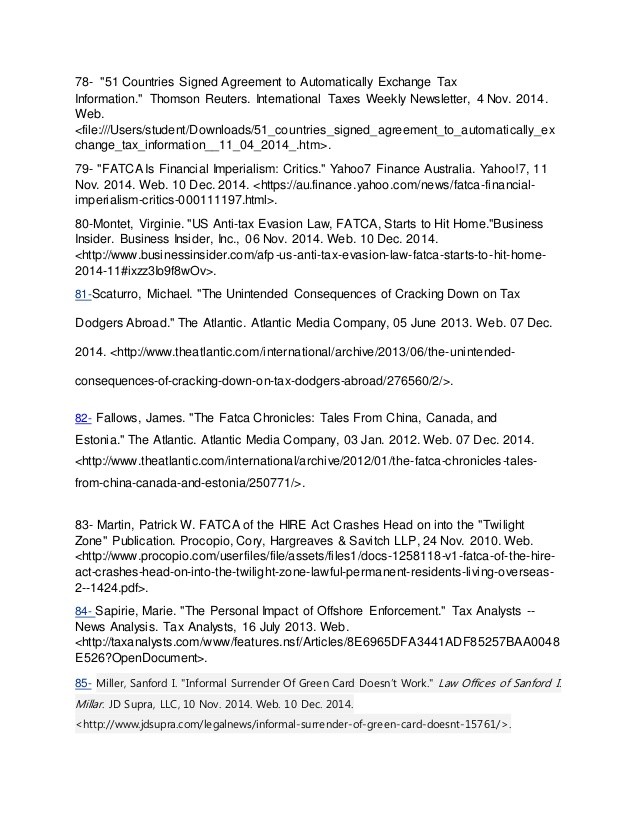Employer Responsibility For Pension Plans Yahoo7 Finance Australia
Post on: 16 Март, 2015 No Comment

It’s time for pension plan sponsors to get serious about their fiduciary obligations. Simply put, the employer’s obligation for the plan doesn’t end when they write the check. It begins.
Without any thought or planning the 401(k) has become America’s pension plan. The days of guaranteed retirement income for life are long gone, and along with them the financial security that traditional pension plans provided.
But, to date the 401(k) solution is deeply flawed.
Problems
The widespread failure of 401(k) plans to provide adequate retirement income security for American workers has caught the attention of the courts, regulators, the administration, Congress, academics and participants.
These failures include outrageous costs which bear no resemblance to the value provided, deeply embedded conflicts of interest, sustained underperformance of underlying investment vehicles, inadequate disclosure, inappropriate investment menus, defective plan design, insufficient participant education and flawed default provisions. Cumulatively these defects do all but guarantee the failure of the participants’ outcome.
The flurry of enacted and proposed Band-Aid fixes will go part of the way to improving the retirement landscape. But, regulations, legislation and the threat of court action can only go so far. The various fixes provide information and guidance to plan fiduciaries. but by themselves can’t make them better fiduciaries. The plan sponsor must either develop fiduciary practices and procedures or delegate them to someone that can.
Why?
Plan sponsors are in the business of making widgets or delivering services. Acting as a fiduciary and developing appropriate procedures and practices is generally outside of their skill set, and a distraction from their primary interest of running a successful business. Frankly, few businesses rise and fall based on the quality of their 401(k) plan.
I’m not suggesting for a moment that they don’t care. Nobody wants to have a crummy retirement plan. Most employers would want for their employees to receive maximum benefits for each dollar set aside. But, wishing won’t make it so. And leaving it to a product pusher that takes care of it all is unlikely to generate a quality plan.

Long experience indicates that plan sponsors can’t rely on the payroll service, insurance company, brokerage house or fund company to overcome their deeply embedded conflicts of interest to fix their plans. Those sales entities have little interest and strong disincentives to fiduciary behavior. Most of them absolutely prohibit their agents from accepting fiduciary responsibility.
The Bottom Line
Fortunately, plan sponsors can delegate much of their responsibilities and shed most of their liability to an outside independent investment advisor that will accept fiduciary status in writing ((technically ERISA 3(38) Fiduciary)). As long as that advisor is prudently selected, accepts fiduciary responsibility in writing and is prudently monitored, the plan sponsor can relieve almost all of their responsibility and liability for investment design, fund selection, cost control, disclosure, resolution of any potential conflicts of interest and participant education. Unless the plan sponsor has investment expertise and is willing to accept potential personal liability, ERISA requires that they delegate to a prudent expert.
When engaging a prudent expert, your expectation should be reduced costs, improved investment results, higher participant satisfaction, plan utilization, greater accumulations and reduced personal liability for fiduciaries.
Alternatively, the courts, their employees, the Securities and Exchange Commission and/or the Department of Labor may administer a particularly costly and painful lesson.
More From Investopedia














